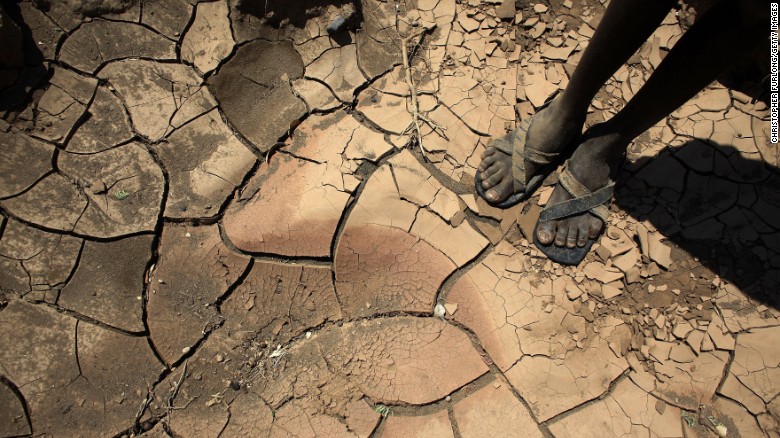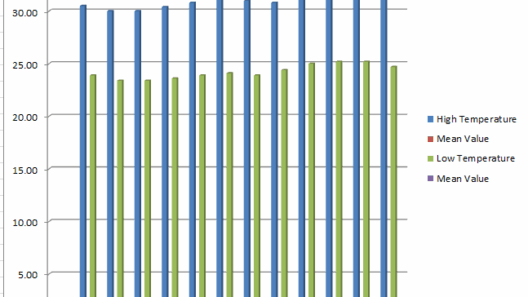The debate surrounding climate change often resembles a tempest in a teapot, an overarching storm brewing in the horizon, carrying with it a potent mixture of societal concern and scientific inquiry. To some, this phenomenon is dismissed as a mere hoax, a cryptic fallacy propagated by alarmists motivated by their own agendas. Yet, as humanity continues its unsustainable march towards an uncertain future, it is imperative to grapple with the notion that climate change may well represent one of the most formidable existential threats our civilization faces today.
To understand the complexity of climate change, one must embark on a multifaceted examination of its origins, manifestations, and consequences. The journey begins with the veritable greenhouse effect—a natural phenomenon that has existed for eons. Much like a finely tuned greenhouse, certain gases in the Earth’s atmosphere, such as carbon dioxide (CO2) and methane (CH4), maintain the planet’s temperature at levels conducive to life. However, anthropogenic activities, particularly since the dawn of the Industrial Revolution, have significantly amplified the concentration of these gases. This escalation acts as a proverbial double-edged sword, enhancing agricultural productivity while simultaneously inviting the specter of climatic upheaval.
In dissecting the effects of climate change, one must consider the plethora of scenarios poised to unravel in the coming decades. This scenario is akin to a tragic play where each act reveals increasingly catastrophic consequences. The melting of polar ice caps, for example, serves as a clarion call. The gracious giants of ice, once proud paragons of nature, now succumb to inexorable warmth. As they yawn and fracture, they contribute not only to rising sea levels but also to the displacement of coastal communities, the loss of biodiversity, and a host of cascading ecological disturbances. It is a somber reminder that the earth’s temperature is not merely rising; it is charging irreversibly towards inhospitable realms.
A further permutation of this global crisis lies in extreme weather patterns. Climate change acts as a destabilizing force, transforming once predictable meteorological events into wild and erratic phenomena. Hurricanes, droughts, and floods have become more frequent and intense, a direct reflection of the atmospheric upheaval we have wrought. Every torrential downpour that inundates urban centers and every parched field left barren by drought speaks to the profound alterations occurring within our planetary systems. Here lies the truth: climate change is no abstract notion but a palpable reality, foisting unprecedented burdens upon those least equipped to shoulder them.
Delving deeper into the global implications of climate change, it is crucial to recognize its manifold socio-economic dimensions. The potential for conflict looms large on the horizon, driven by resource scarcity and proliferating migration patterns. As arable land diminishes and freshwater resources dwindle, nations may find themselves locked in competition over dwindling reserves, leading to strife and unrest. The plight of climate refugees, displaced from their homes due to natural disasters or unyielding conditions, stands as a poignant testament to our interconnected fates. In essence, climate change does not merely threaten ecosystems; it undermines the very fabric of human society.
Nevertheless, amidst this disarray, a glimmer of hope emerges through the collective efforts of communities striving to combat climate change. Like a phoenix rising from the ashes, innovative technologies and sustainable practices offer pathways toward a more resilient future. Transitioning to renewable energy sources, enhancing energy efficiency, and advocating for sustainable agriculture are but a few measures that can be adopted. Remarkably, the principles of circular economies, founded on reducing waste and fostering resource regeneration, can fundamentally alter the paradigm of consumption and production.
The appeal of climate activism transcends the realms of policy and technology. It is a clarion call that beckons individuals to engage, examine their own energy consumption habits, and contemplate their ecological footprint. As stewards of the earth, each person possesses the capacity to contribute towards sustainability—be it through advocating for policy changes, supporting local eco-initiatives, or simply opting for greener choices in daily life. Such grassroots movements reflect an awakening, a burgeoning realization that citizenship entails responsibility as much as rights.
Ultimately, the rhetoric surrounding climate change—the contention of ‘hoax’ versus ‘threat’—invites profound introspection. The journey from skepticism to acknowledgment is fraught with complexities, yet it is essential to navigate this continuum with a discerning mind and an open heart. Perhaps it is not the fiery rhetoric that will shift minds but the quiet persistence of scientific evidence and the haunting tales of communities forever altered by climatic turmoil.
In summation, climate change is not merely a transient phenomenon or a whimsical narrative woven into environmental discourse. It stands as humanity’s greatest adversary, demanding immediate attention, unwavering resolve, and collaborative action. The stakes could not be higher; the time to act is now. As stewards of our planet, we must summon the courage to confront the tempest, embracing the truth that in this defining moment, our survival depends not just on what we believe, but on what we actively choose to enact. The future—our collective future—awaits our response.







